Mainstream news outlets want to end Robert F. Kennedy Jr.’s primary challenge
When Robert F. Kennedy Jr. announced his primary challenge to Joe Biden in April, the media shrugged him off as a meme candidate who would soon collide with political reality. Two months later, Kennedy is polling as high as 20% and his campaign is gaining momentum. And the media — unwilling to let Biden be primaried by this pedigreed populist — have decided it’s time to step in.
And step in they have. Over the past weeks, major print and broadcast organizations have laid the foundations for a powerful narrative designed to hobble Kennedy’s campaign before a single vote is cast. The strategy is to disqualify Kennedy by labeling him a font of misinformation, out to serve America’s monied technocrats. In other words: a Republican in Kennedy clothes.
Earlier this month, Kennedy joined Elon Musk for a live Twitter Space, the first ever by a presidential candidate. The response from the fourth estate was instant derision.
The New York Times set the pace with a takedown brimming with accusations and innuendo. From word one, the article didn’t hesitate with its heavy-handedness — accusing Kennedy in its headline of “Pushing Right-Wing Ideas and Misinformation.”
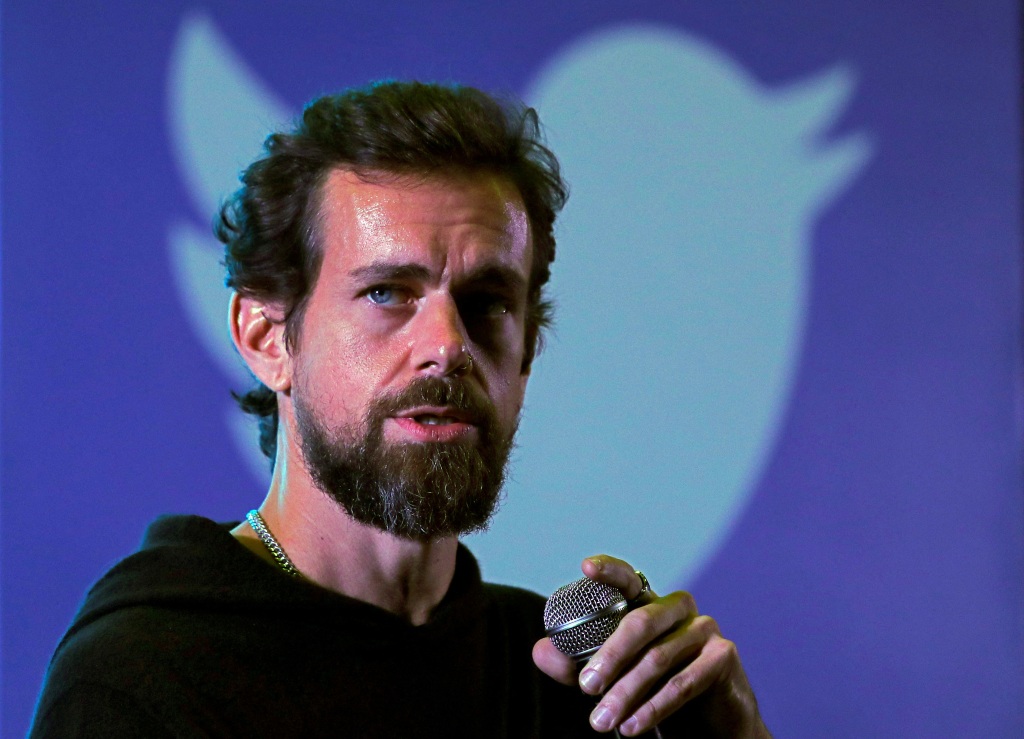
The problem is that the article — which includes zero sources and little in terms of comment from the Kennedy campaign — provides no support for this claim.
In lieu of actual facts, the Times presents “fact-checks,” claiming, for instance, that Kennedy advanced a conspiracy theory by questioning the outcome of the 2004 Bush-Kerry election. Guess who else questioned the validity of that election? The New York Times in a lengthy November 2004 editorial.
The same day as the Times hit piece, The Washington Post weighed in with a 3,600-word bruiser. In its first sentence, the article claims that Kennedy “campaigns on the idea that powerful people have been working in secret to deceive you.”
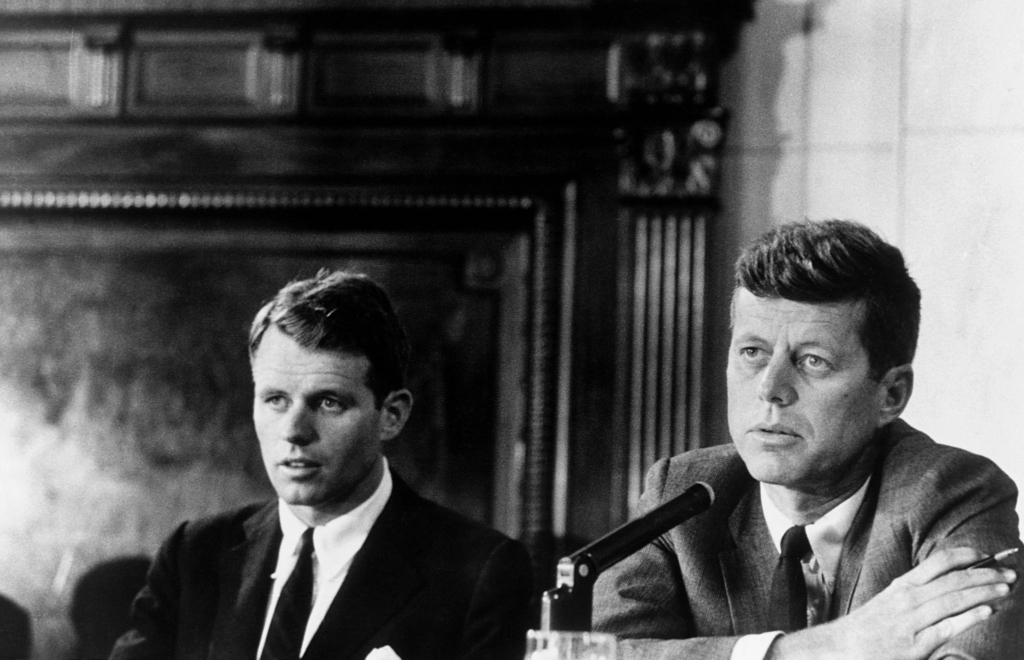
That’s partly true: One of Kennedy’s most scrutinized claims is that big pharma is pushing what he considers to be unsafe or unproven drugs, particularly vaccines.
But this take reduces Kennedy, an environmental lawyer, to nothing more than a high-profile crank.
“His entire worldview has become a conspiracy theory,” said a source in the Washington Post article to make it seem as if Kennedy’s controversial vaccines views reflect his thinking on everything else. They don’t.
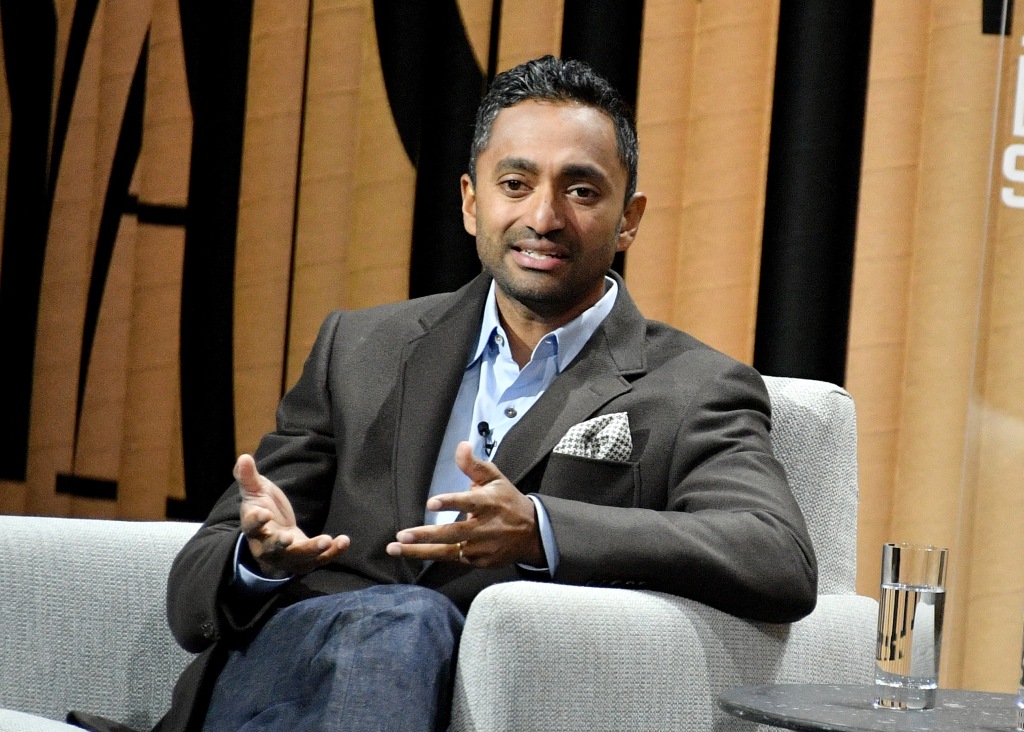
Nevertheless, MSNBC picked up the WaPo piece and ran with it, bringing the article’s author on air for an interview.
Probably not by coincidence, the interview was conducted by former Biden White House press secretary, MSNBC host Jen Psaki, who did the heavy lifting for her one-time boss. “Conspiratorial thinking is not just a right-wing phenomenon,” Psaki said. “It’s found across the political spectrum, including among self-described Democrats.”
Psaki spent the next eight minutes focused on just one “conspiratorial self-described Democrat”: Robert Kennedy Jr.
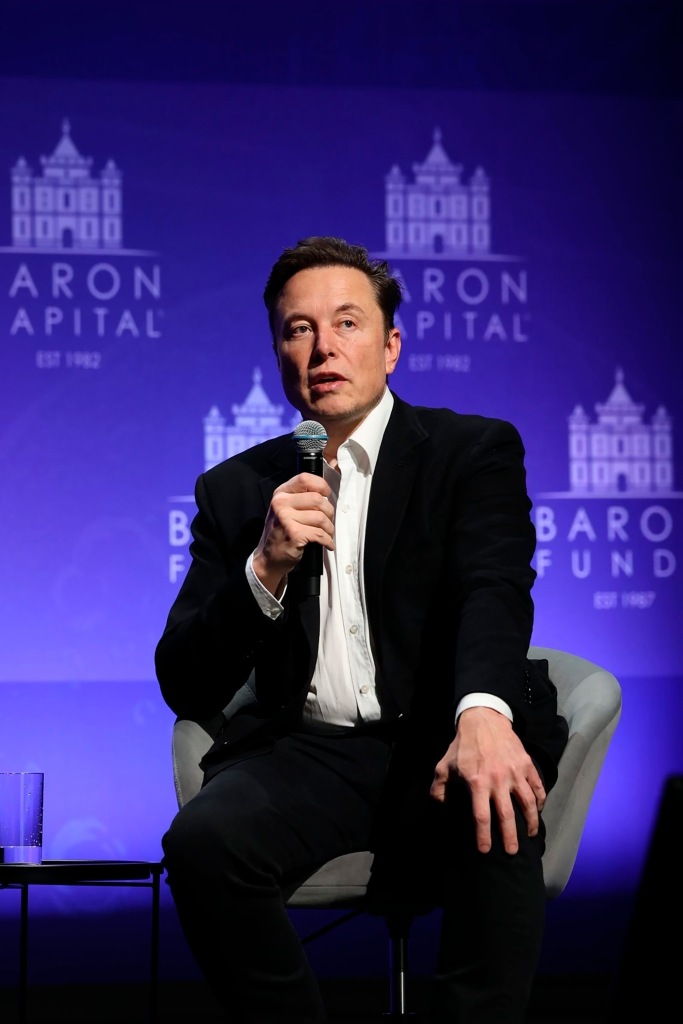
In case you think I’m cherry-picking, consider that Vanity Fair asked (like the Times) if Kennedy’s “Anti-Vax Conspiracies Have Found a Home” among tech leaders.
Washington Monthly suggested journalists refrain from covering this “crackpot” (also in the headline).
Politico sloppily characterized Kennedy’s tech-industry support as owing to his “connection to an imagined American past, combined with his facts-be-damned insistence on an elite conspiracy to engineer [America’s] future.”
Slate announced that the other Kennedys “really hate” RFK Jr. Even across the pond, the Guardian lamentingly asked that of the 100 million Americans eligible to be president, “Why are we left with Robert F. Kennedy Jr.?”
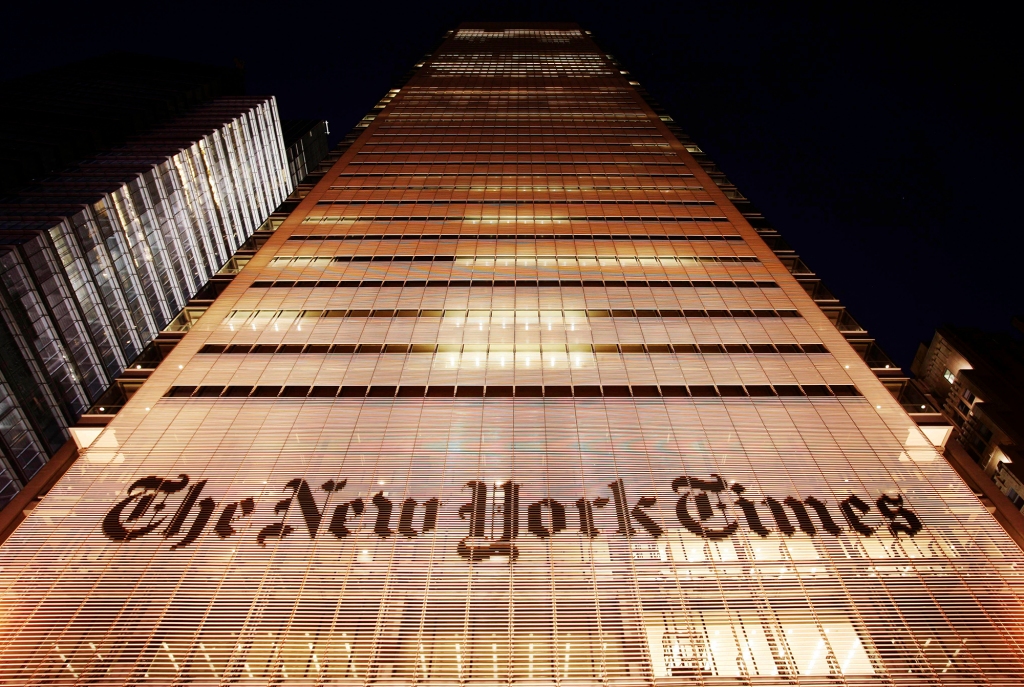
Outside of the media, however, serious people are beginning to take Kennedy seriously. Last month, Kennedy did an interview on the All In Podcast, whose four hosts — leading investors and entrepreneurs — span the political spectrum. Two of those hosts — David Sacks, the founding COO of PayPal, and Chamath Palihapitiya, a billionaire former Facebook exec — put their money where their mics are by co-hosting a fundraiser for Kennedy last week. Meanwhile, Twitter co-founder Jack Dorsey has endorsed Kennedy, while former Democratic pol Tulsi Gabbard has expressed support.
Much of Kennedy’s appeal lies in his forthright approach to major issues, like his visit to the southern border this month, where he spoke directly with immigrants in Arizona. Unsurprisingly, most of the press stayed home.
Kennedy’s positions on many other issues also cut against the media grain. His most controversial stance is on the war in Ukraine, where he strongly opposes American involvement (though his son volunteered to serve alongside Ukrainians). Back home, he believes transgender athletes should not participate in female sports; and, at time when the media itself seems to be hiring directly out of Langley, he’s harshly critical of America’s intelligence community, and particularly the CIA, which he believes is responsible for the assassination of his uncle, John F. Kennedy.
![In a confounding example of word-soup, Politico described support from the tech industry as owing to his “connection to an imagined American past, combined with his facts-be-damned insistence on an elite conspiracy to engineer [America’s] future.” Yikes!](https://conspiracyresource.com/wp-content/uploads/2023/06/mainstream-news-outlets-want-to-end-robert-f-kennedy-jr-s-primary-challenge-5.jpg)
Though the media is also likely to call this a conspiracy theory, the relentless attacks on Kennedy are a clear attempt to hobble his campaign. We see this in efforts to paint Kennedy not only as a Republican but as the man who Dems view as the embodiment of pure political evil—Donald Trump. Need proof? “His Name is Kennedy. His Campaign is Pure Trump,” declared Washington Post columnist Matt Bai in a May 15 column.
The media onslaught is not only an attempt to derail Kennedy, but an easy way to deflect attention from the Dems’ real campaign crises: Biden’s age, unfavorability and chaos-plagued son. Faced with a weakened president, the media is trying to make Robert Kennedy into Joe Biden’s whipping boy and send him packing long before Iowa. But with Biden’s scandals bubbling, and Kennedy bottling early electoral lightning, the next claims of “misinformation” might just refer to Kennedy outpolling the president.
Ashley Rindsberg is the author of The Grey Lady Winked.
This article has been archived for your research. The original version from New York Post can be found here.


